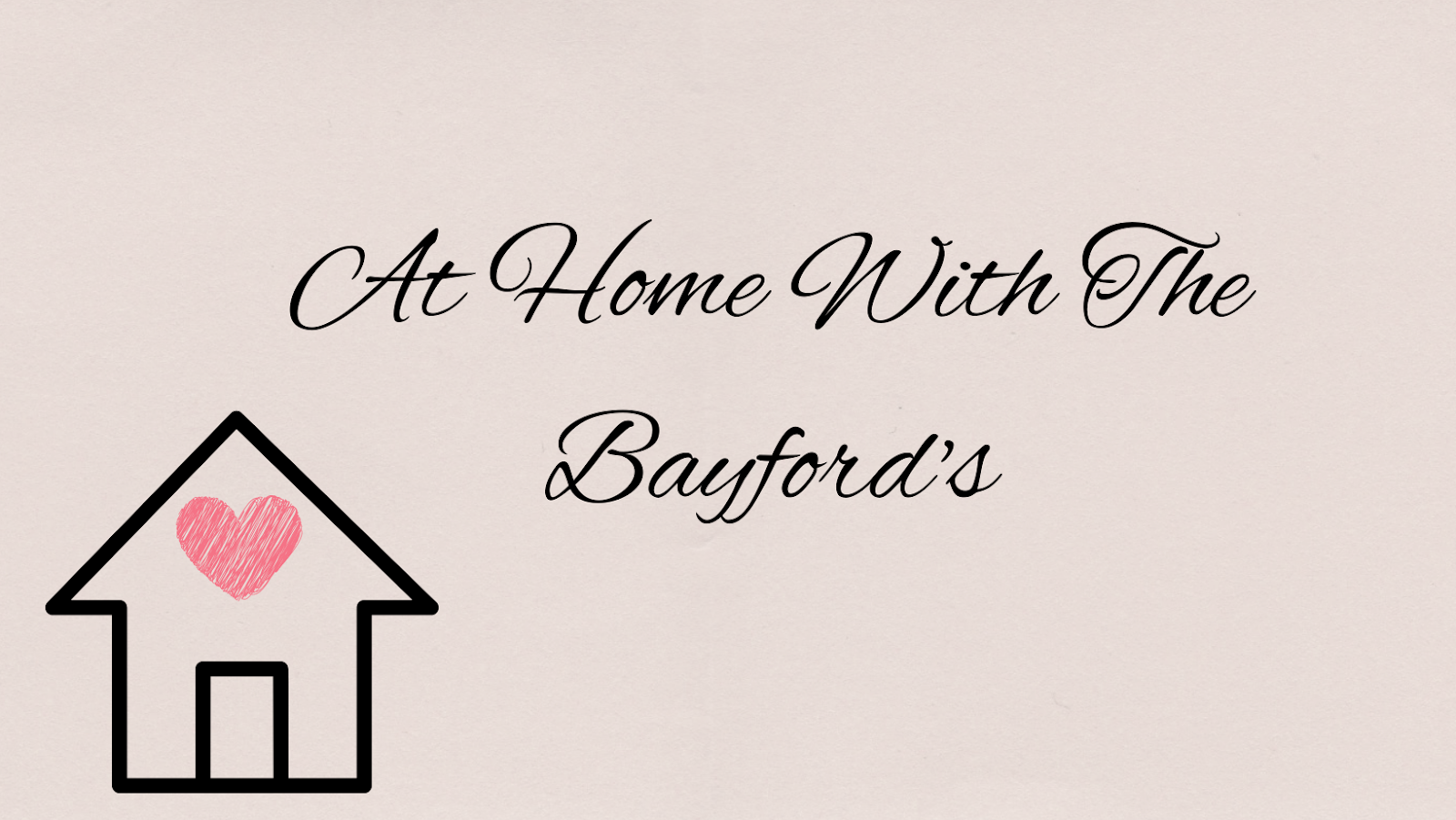Composting is an easy way to reduce waste and creates nutrient-rich soil for gardening. So it's great for the environment and also helps you to save money by reducing the amount of waste and also on buying store brought fertilisers.
Composting is a natural process that breaks down organic material, such as food scraps and garden waste, into a dark, crumbly substance that can be used to improve soil quality and nourish plants.
Composting is an easy way to reduce your environmental footprint making a healthier and more sustainable garden. Composting for beginners isn't as hard as some people and as long as you have the essential tools then you are good to go.
1. First things first is you will need a compost bin. You can either buy one or make one yourself. Bins come in various sizes and should be no bigger than 6ft wide. When it comes to your compost bin make sure that it is placed in a convenient location in your garden and has sufficient drainage.
2. Now it's time to gather your organic materials. There are two categories green and brown materials. Green materials are materials such as grass and kitchen waste such as vegetable peelings. These materials are often wet and provide moisture to your compost heep. Brown materials are items such as newspapers, dried leaves, wood chips and sawdust. These materials help to prevent your compost from getting too soggy. It's wise to try and keep a good balance of green and brown materials.
3. Air is important for helping to breakdown your organic material. So make sure that you regularly turn the mixture with a garden fork to keep it aerated. If you don't then unfortunately it will be too soggy to turn into compost. Giving your compost mixture a turn and adding green and brown materials should be all you need to do as it should look after itself.
What can I put in my compost bin?
Green materials - vegetable peelings, egg shells, coffee grounds and fruit rinds.
Brown materials - clippings, leaves, shredded newspaper, sawdust, straw, and animal manure (from vegetarian animals only).
Don't not put in - meat or dairy products, pet waste, plastic, or glass to your compost bin.



